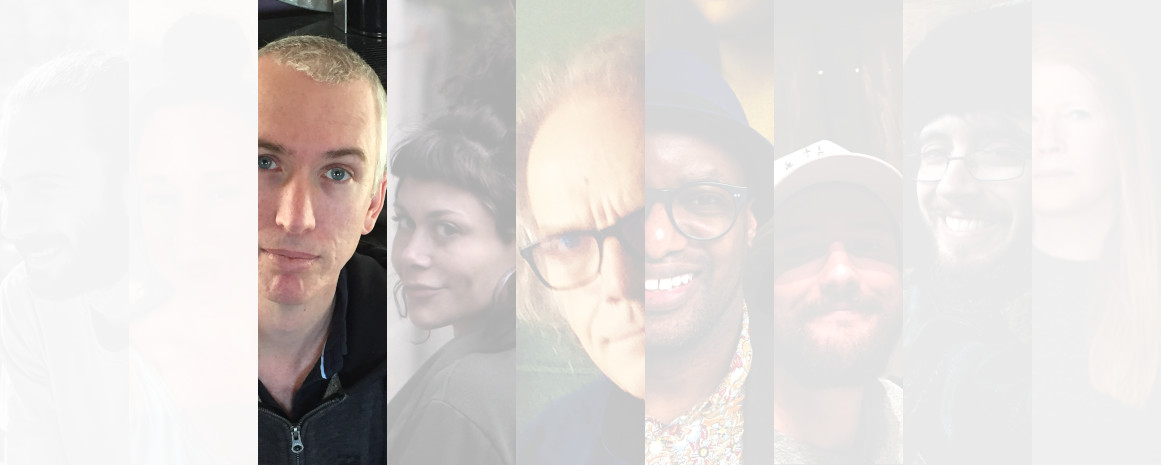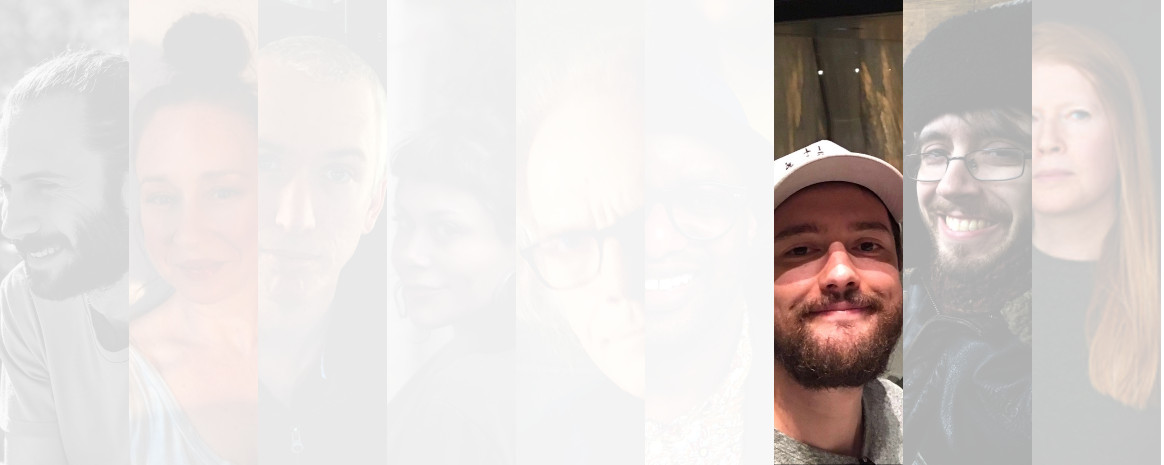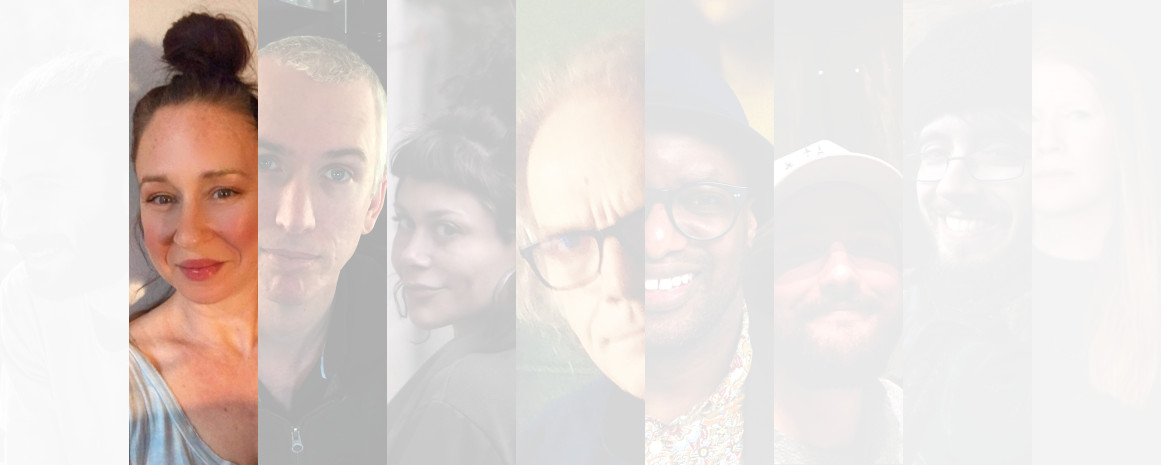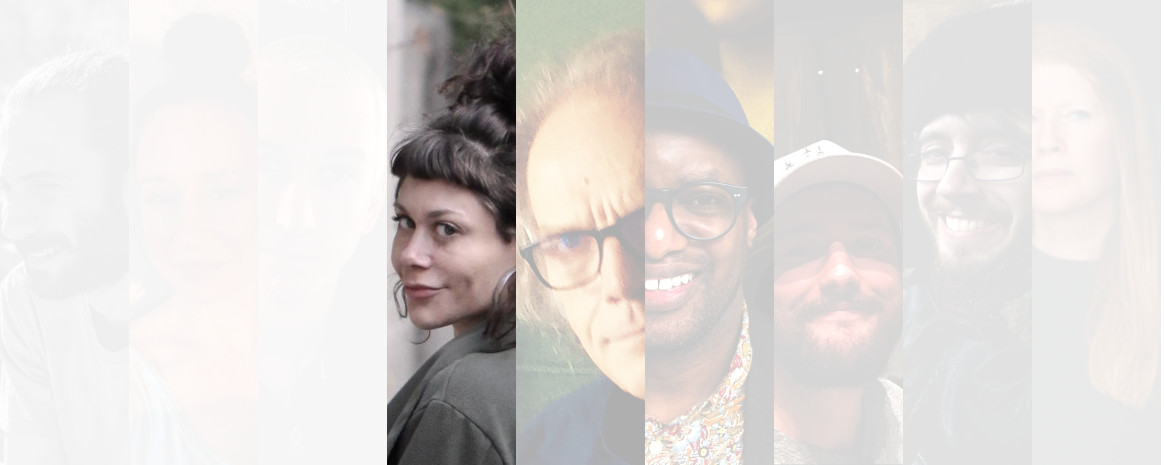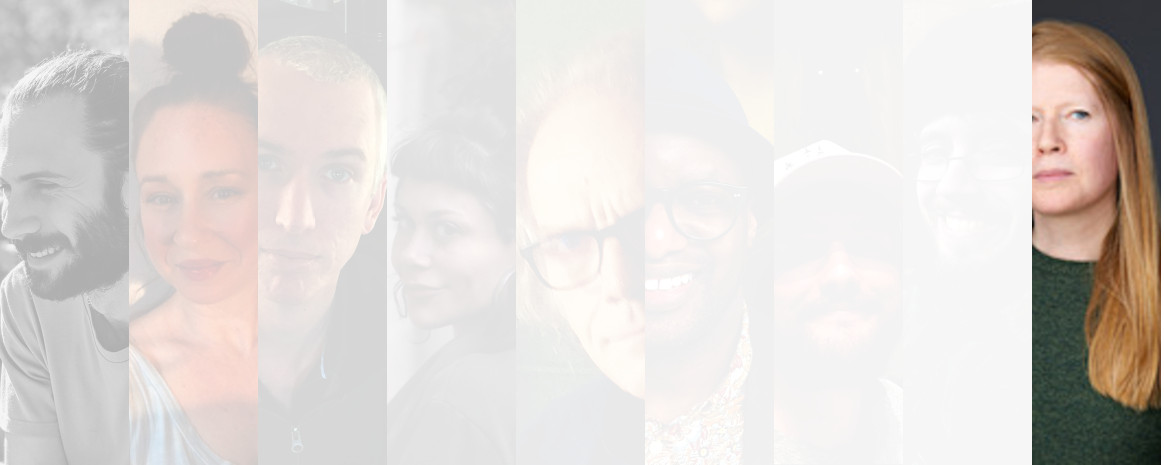A Tour in the Garden of Earthly Delights by Damen O’Brien
Pickup Fifty-Two by David Barrick
Fulgura Frango (or How to Count to Infinity) by Dominique Bernier-Cormier
Career Day by Joseph Kidney
Telling the Bees by Larissa Andrusyshyn
Nine Months, at 34 by Lianne O’Hara
A Song, or Call by Lisa Martin
Latchkey by Michael Fraser
Thousand Moon Creek by Pete Smith
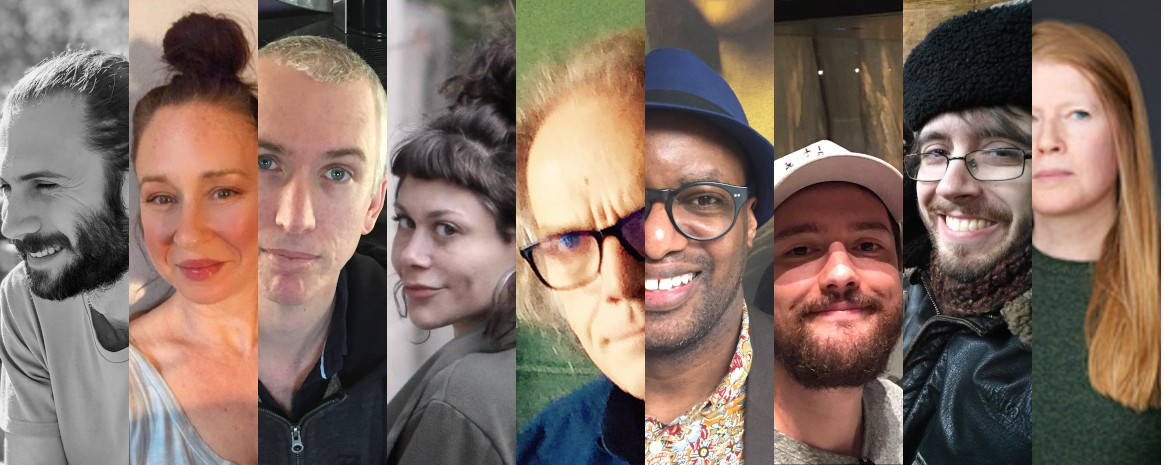
Bios
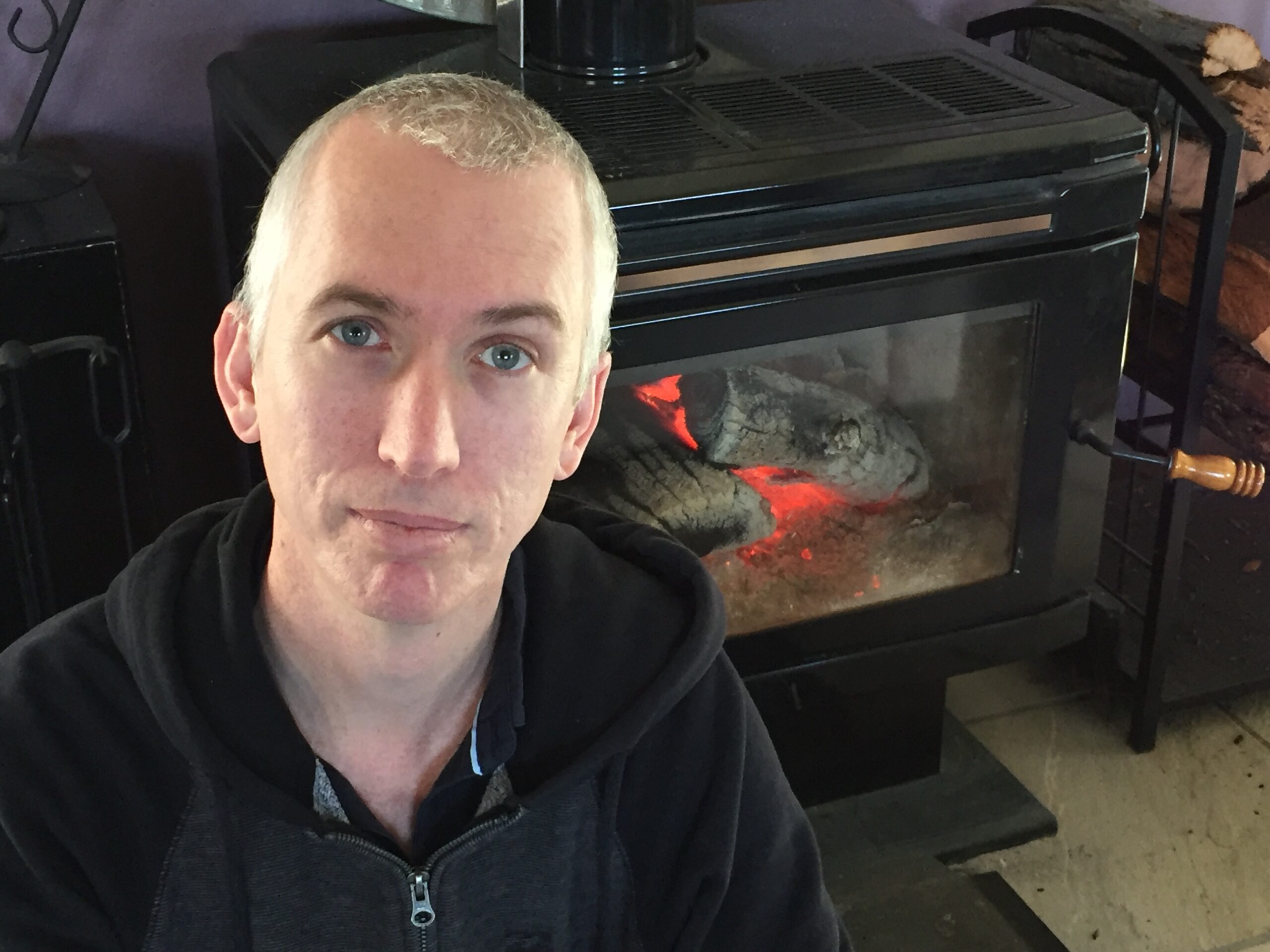
Damen O’Brien
Damen O’Brien is a multi-award-winning Australian poet. Damen’s prizes include the Moth Poetry Prize, the Peter Porter Poetry Prize and the New Millennium Poetry Competition. His poems have been published in journals all over the world. Damen’s first book of poetry, Animals With Human Voices, is available through Recent Work Press. [update provided in 2023]
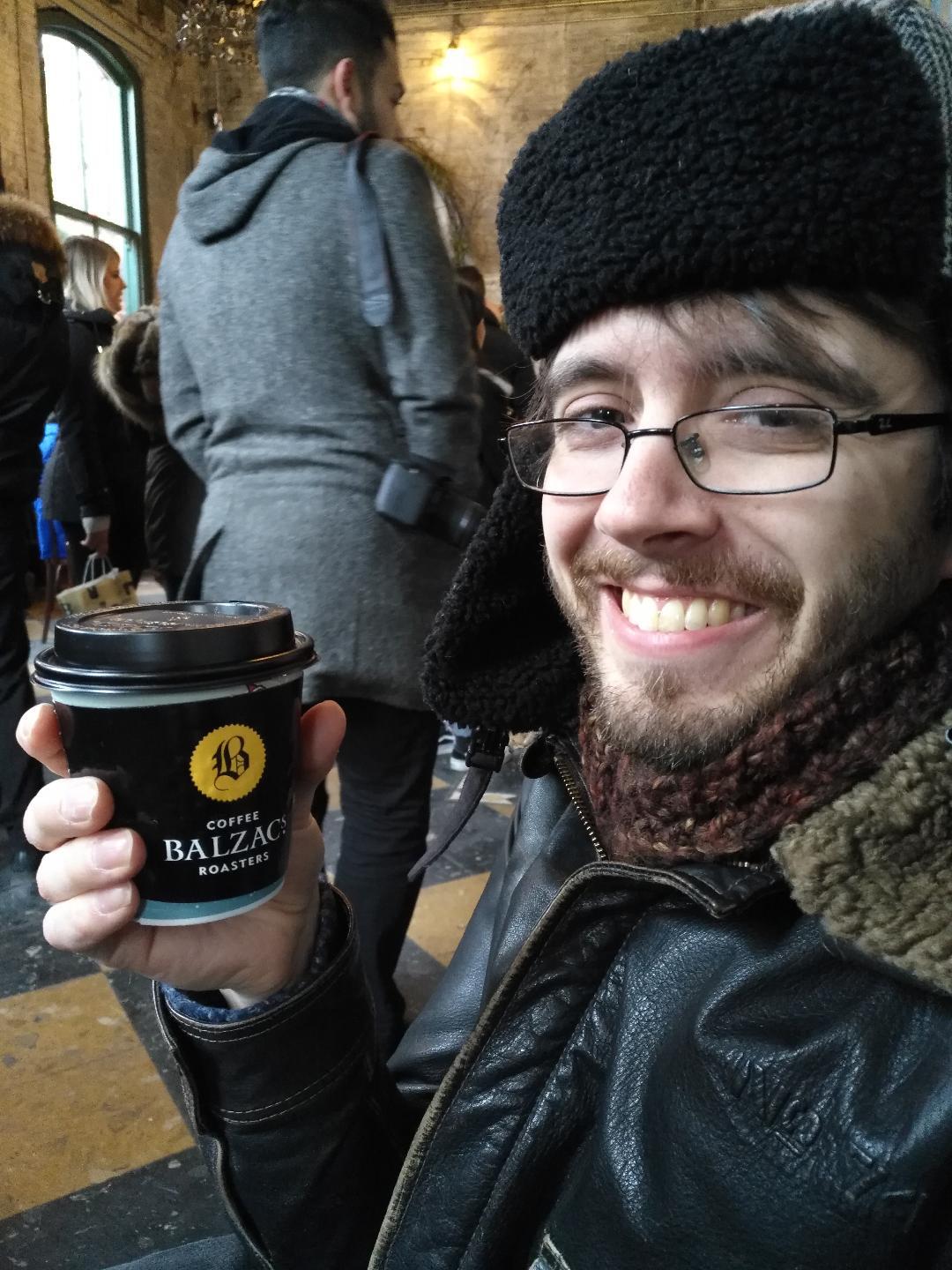
David Barrick
David Barrick is the author of the poetry collection Nightlight (Palimpsest Press, 2022) as well as two chapbooks. His work appears (or is forthcoming) in Grain, The Fiddlehead, Prairie Fire, Best Canadian Poetry 2024, and other publications. He lives in London, ON, and is managing director of Antler River Poetry. [update provided in 2023]2
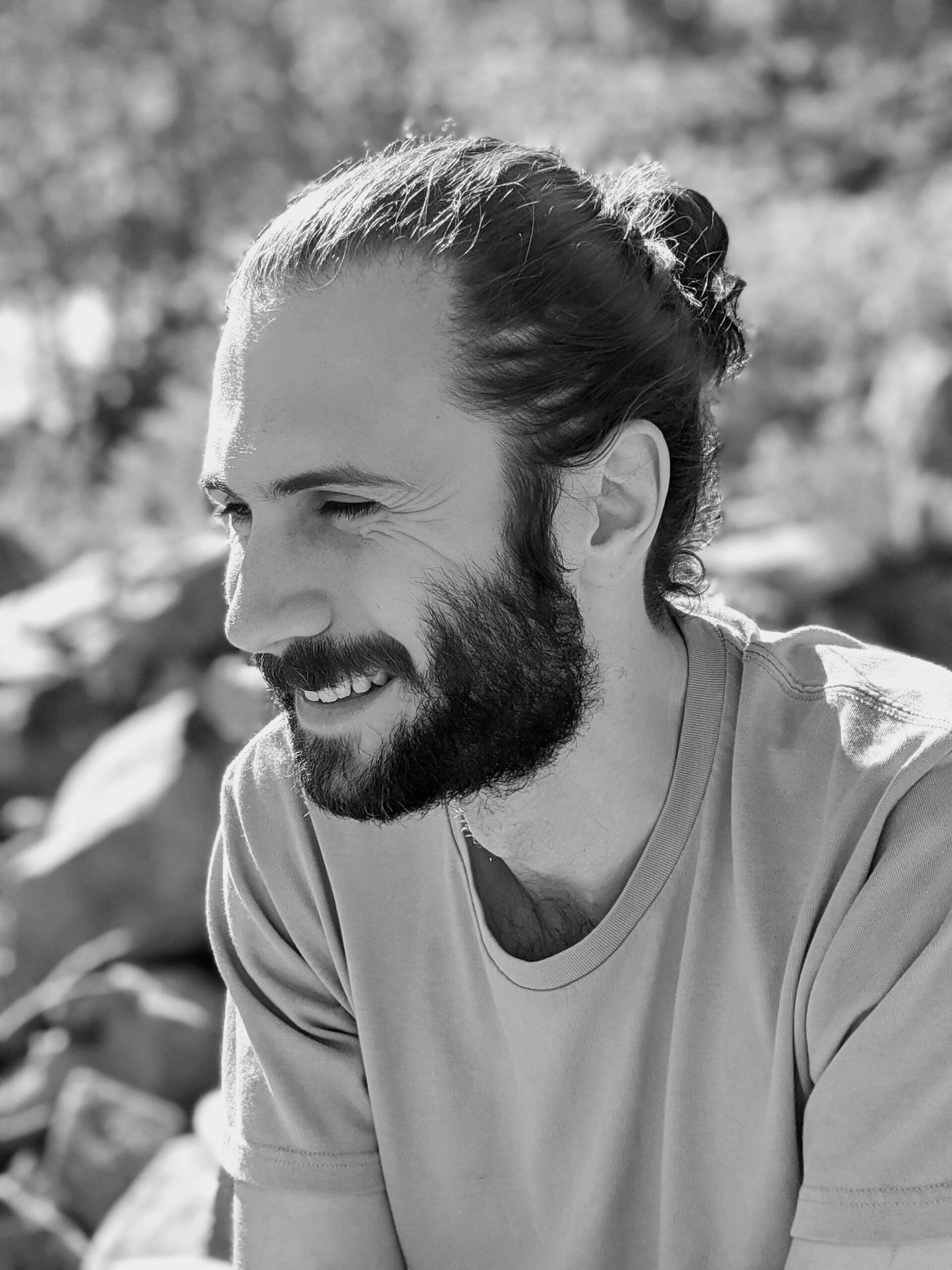
Dominique Bernier-Cormier
Dominique Bernier-Cormier is a Québécois/Acadian poet. His second book Entre Rive and Shore, a multilingual work of poetry and translation that explores bilingualism and Acadian identity, was recently published by Goose Lane Editions. He lives in Vancouver, where he teaches at a Francophone high school. [update provided in 2023]
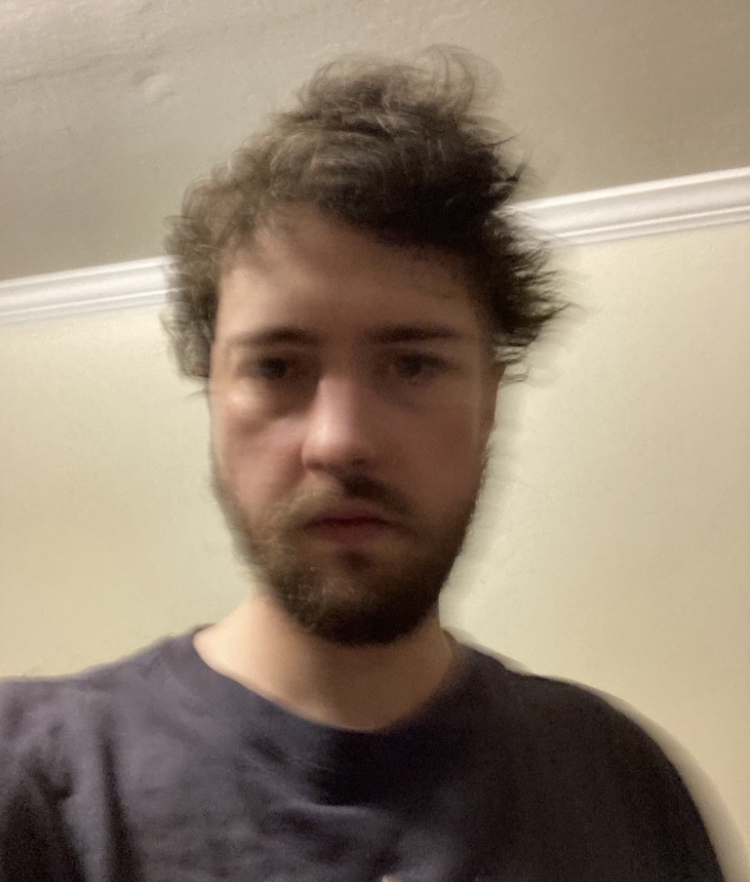
Joseph Kidney
Joseph Kidney won the Short Grain Contest from Grain, and The Young Buck Poetry Prize (now the Foster Poetry Prize) from CV2, and was nominated for a Canadian National Magazine Award. His poems appear in Best Canadian Poetry 2024 and elsewhere. His chapbook Terra Firma, Pharma Sea is available from Anstruther Press. [provided for the poem “In Which Alberta Plays the Old West (Not So Much in the Way That Angela Hewitt Plays Bach as in the Way That a Dog Plays Dead)”]
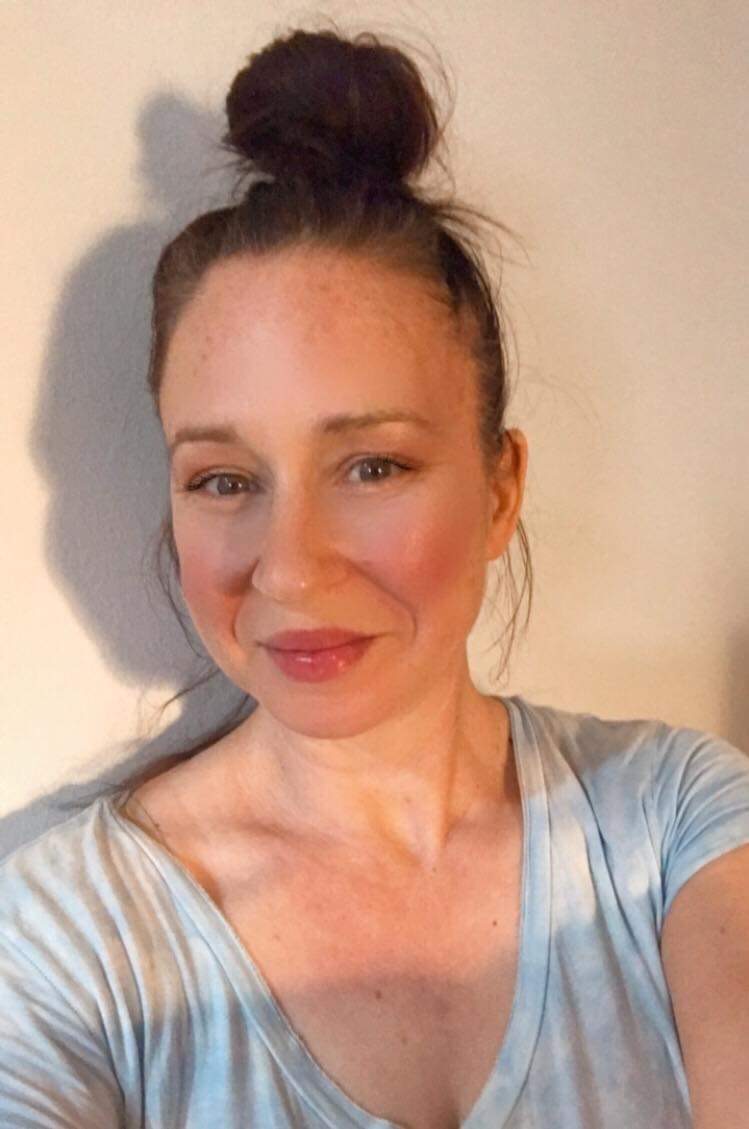
Larissa Andrusyshyn
Larissa Andrusyshyn has published two poetry collections: Proof and Mammoth. She works for non-profits facilitating creative writing workshops for at-risk youth and is busy finishing up her latest manuscript. She lives in Montreal with her adoring cat Lulu. [updated in 2023]
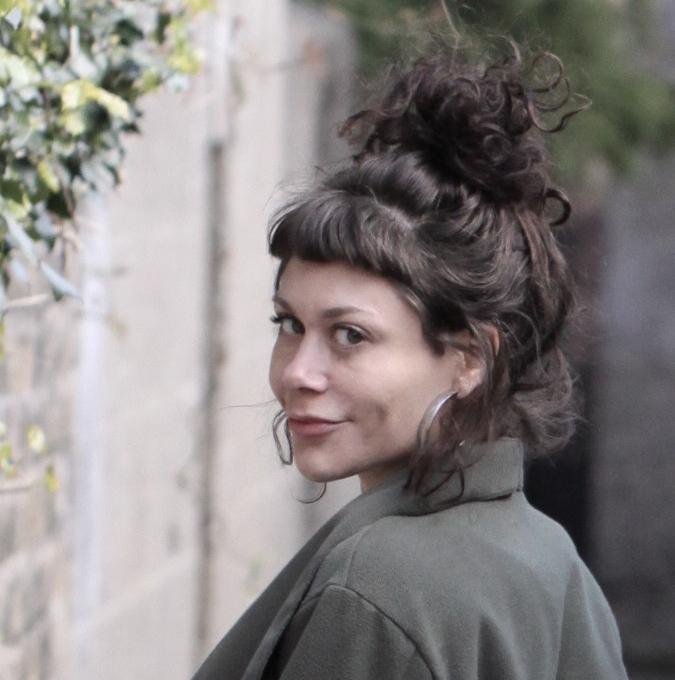
Lianne O’Hara
Lianne O’Hara is a poet and playwright. Her work is published in The London Magazine, Banshee, Poetry Ireland Review, Abridged, Queering the Green: Post-2000 Queer Irish Poetry, and elsewhere. Her play Fluff sold out a six-show run at the 2022 Dublin Fringe Festival. She lives in Ireland. [update provided in 2023]
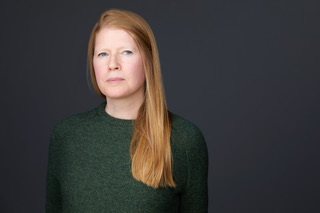
Lisa Martin
Lisa Martin is an award-winning poet and essayist, the author of Believing is not the Same as Being Saved (University of Alberta Press, 2017) and One crow sorrow (Brindle & Glass, 2008). She is currently at work on a new book of essays. [updated in 2023]
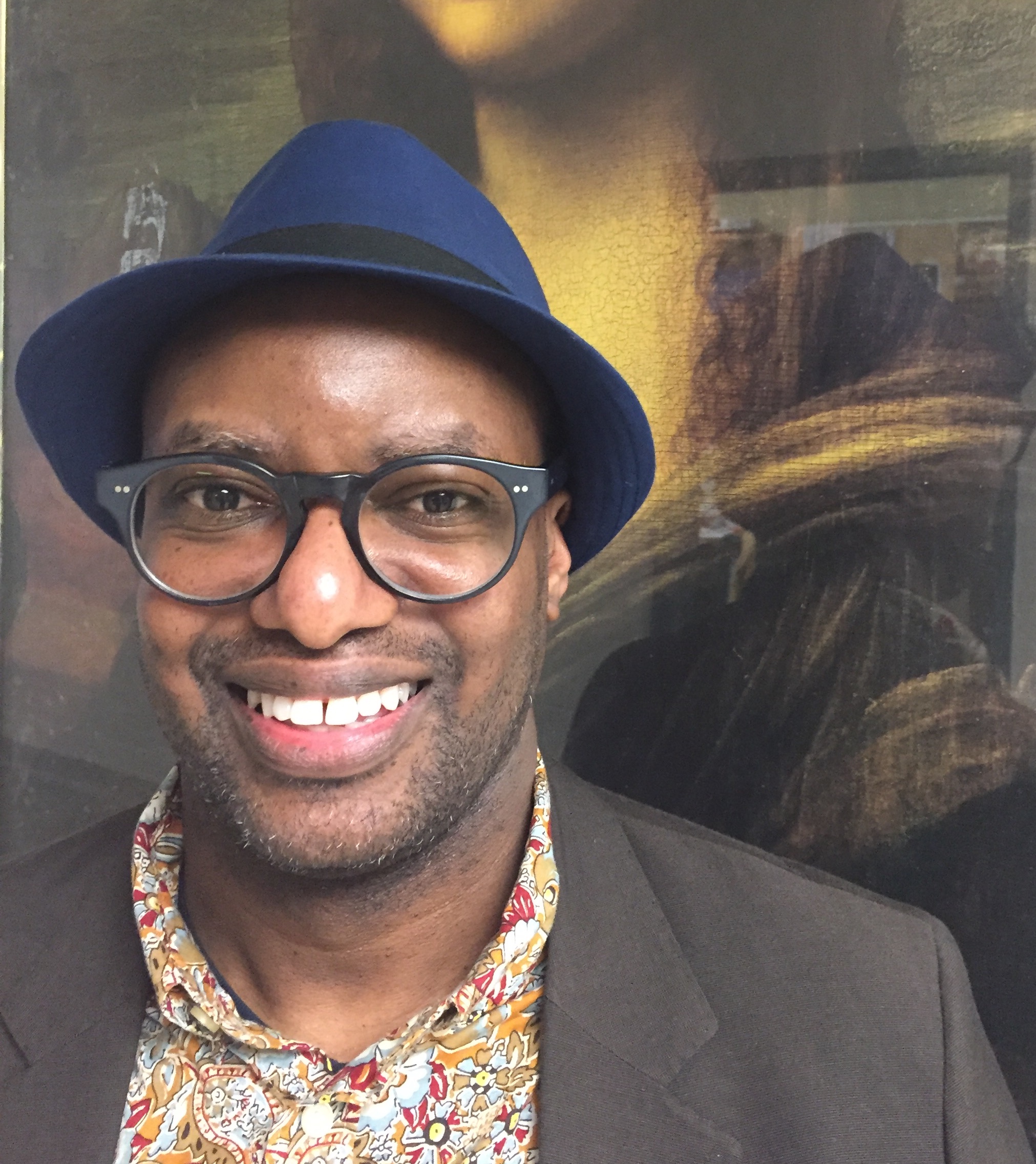
Michael Fraser
Michael Fraser is published in Best Canadian Poetry in English 2013 and 2018. He has won numerous awards, including Freefall Magazine’s 2014 and 2015 poetry contests, the 2016 CBC Poetry Prize, the 2018 Gwendolyn Macewen Poetry Competition, and the League of Canadian Poets’ 2022 Lesley Strutt Poetry Prize. [updated in 2023]
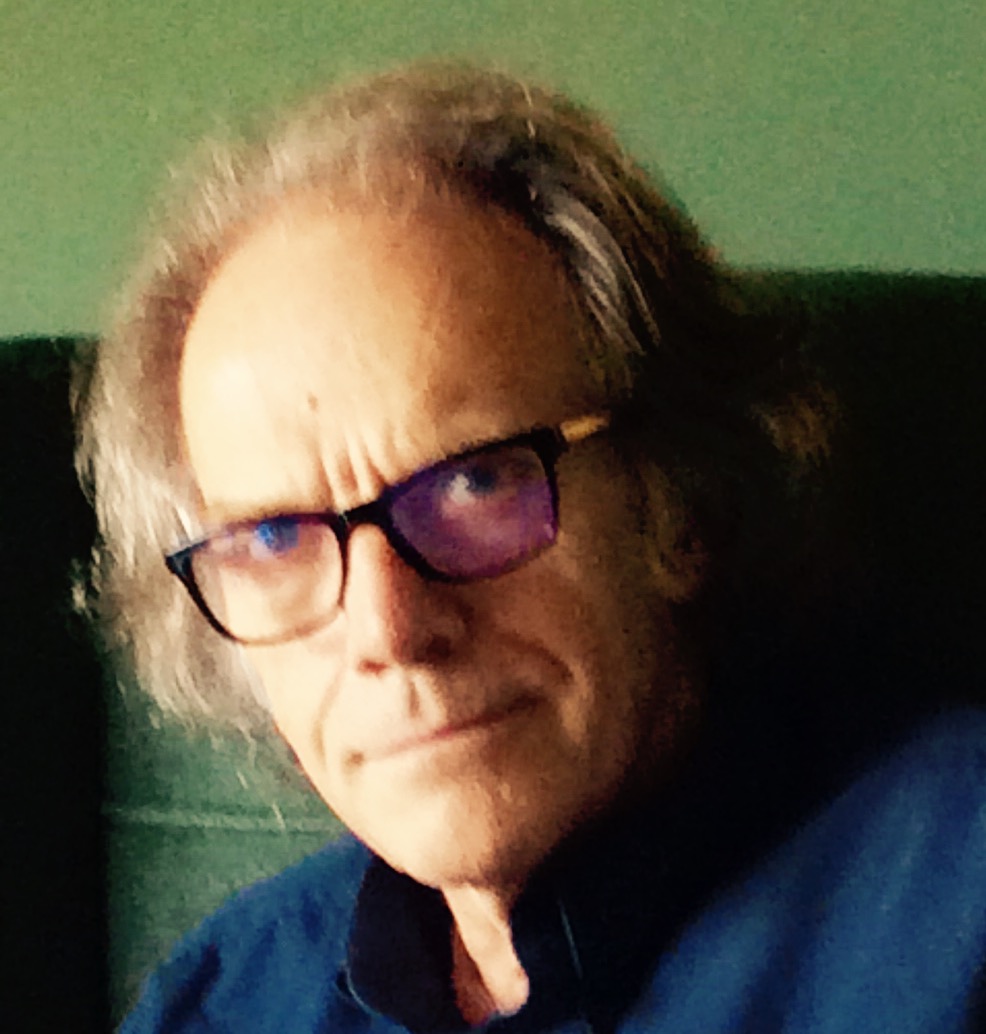
Pete Smith
Pete Smith lives on the unceded land of Tk’emlups te Secwepémc. He has published poems, reviews and essays internationally, including Bindings with Discords, 2015, from Shearsman. He was short-listed for the Montreal International Poetry Prize, 2015, and Malahat Review’s Open Seasons Award, 2017. A fourth above/ground chapbook, Now You See It Now, is imminent. [updated in 2023]


